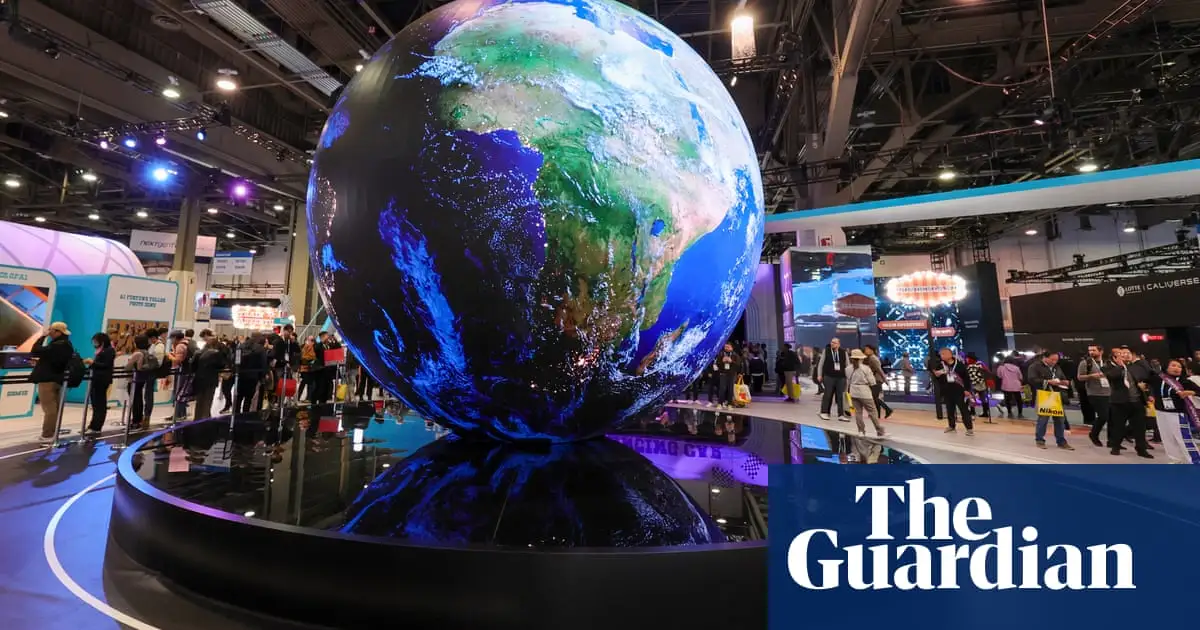Record heat, record emissions, record fossil fuel consumption. One month out from Cop28, the world is further than ever from reaching its collective climate goals. At the root of all these problems, according to recent research, is the human “behavioural crisis”, a term coined by an interdisciplinary team of scientists.
“We’ve socially engineered ourselves the way we geoengineered the planet,” says Joseph Merz, lead author of a new paper which proposes that climate breakdown is a symptom of ecological overshoot, which in turn is caused by the deliberate exploitation of human behaviour.
An interesting read, but the solution of using our media to influence human behaviour into being pro-ecology ain’t gonna work unless being sustainable is equally as profitable which it cannot be because sustainability is ultimately linked to less consumption of primary resources which is, contrarily, one of the biggest drivers for economic growth.
One thing the article highlights rightly is that all this focus on renewables should be secondary to humanity needing to simply consume less. It’s a change we can make within a generation and would be far more impactful than any technological advances or deliberate population control.
Any idea how it could be possible for humanity to consume less?
Perhaps we need public campaigns from influential figures advocating for minimalism and simplicity. Or some sort of deeply spiritual second Renaissance…
First things first: make planned obsolescence illegal.
The vast majority of consumer products are designed to fail earlier than they have to, leading to a shitload of needless waste over which consumers have no real control.
Also, continue to limit single use plastics. Single use anything, but especially plastics.
And of course, phase out all uses of fossil fuel and derived products as viable alternative materials become ready.
There are historical examples of this happening for some resources (eg: forests in Japan)
Blaming the behaviour of individual people is a strategy employed by the oil industry to shift the blame. I wonder who’s funding these scientists… Yes, the individual should try to shift their behaviour, but claiming the majority of the blame rests on each of us is nonsense when the richest 1% of people are responsible for more emissions than the poorest 50% of people is pretty disingenuous if you ask me.
You’re really missing something here. Just because the richest 1% are responsible for more emissions than the poorest 50%, doesn’t mean that the poorest 50% are somehow better people just because of that. They’re just in a situation where they are literally unable to pollute as much because of their lack of resources.
I strongly believe that if you took a random sample of “poor people” and put them in the exact situation of “rich people”, they’d be polluting roughly the same. Many poor people I meet would love to “be rich”, and not just because they’d have their basic needs covered, but because they’d love the luxury, which is what’s causing the pollution disparity.
Calling this a human behavioral crisis is exactly on point. Yes, in the current class division, if rich people changed their behavior, their impact on pollution would be much larger. But if theoretically we all had the same resources, and everyone would use these resources for luxury stuff, net pollution would likely be the same as if wealth was concentrated in a smaller amount of rich people, since the resources are still used to produce more than we need. If there are more people on Earth than Earths natural regeneration rate can sustain, we’d still be in trouble with an equal society.
Obviously there are already people that understand this and try to not consume too many resources. People are different and thus some are more/less part of the problem. I would also agree that on average, more poor people understand this than rich people. But still, in total, humans are still pretty much the same no matter the class they currently belong to.
I do understand that, I think you’re missing something here. I said “Yes, the individual should try to shift their behaviour”, so yeah I agree with you. What I’m saying is that lobbyists for the ultra wealthy try to shift all of the guilt and blame onto the individual as a distraction from more important causes.




